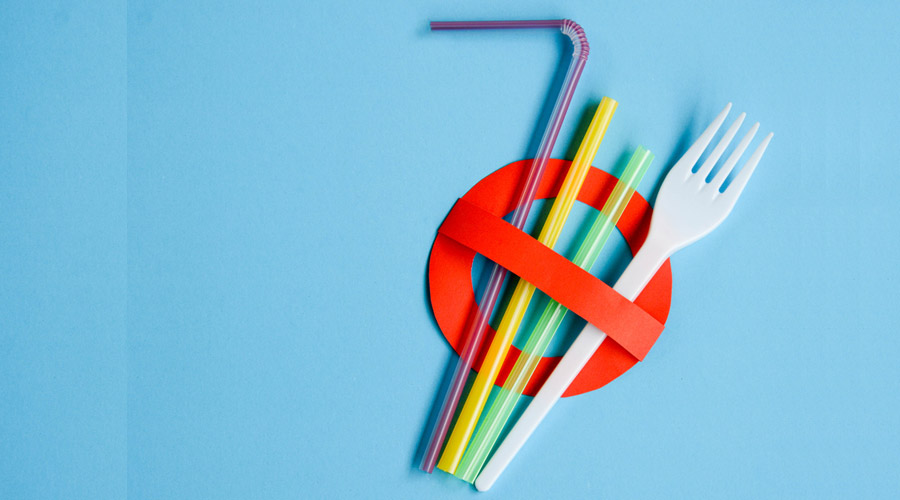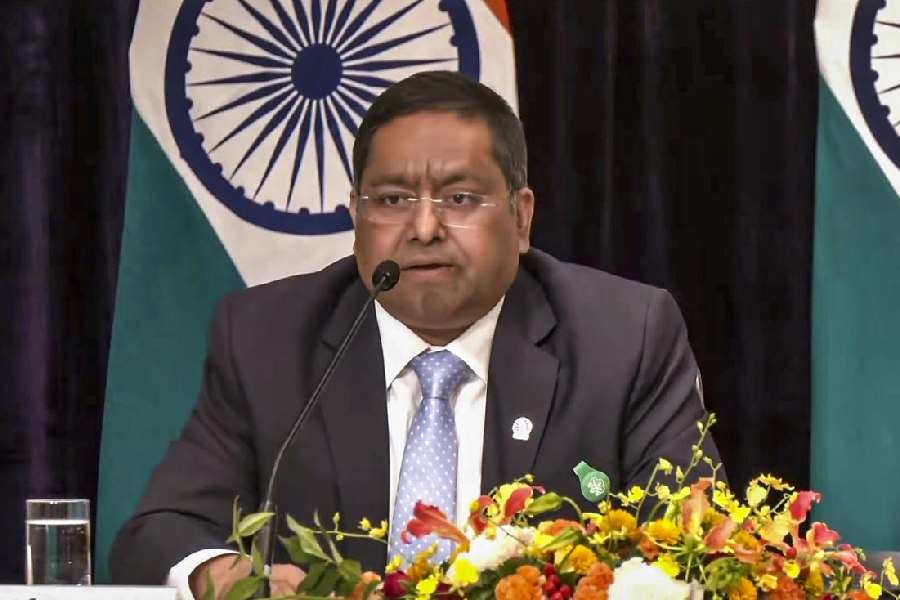The ban on single-use plastic, which was notified in August 2021 by the Union ministry of environment, forests and climate change, has now come into force. Plastic cutlery items, sweet boxes, invitation cards, cigarette packets, PVC banners measuring under 100 microns and earbuds are some of the items that will no longer be available. The need for measures to restrict the use of this non-degradable synthetic material cannot be overstated — India generates more than 25,000 tonnes of plastic waste every day, more than 40 per cent of which stays uncollected, often choking drainage networks and even posing a risk to livestock. The Centre does not seem to be in a rush: the ban will be implemented in phases. But this could be a sensible approach. That is because rushed legislations, however well-intentioned, has a history of failure in the country. Bihar’s experiment with prohibition is a case in point. As such, the ban will not be enough: it must be accompanied by sensitisation and awareness measures directed both at law enforcement agencies and citizens. Officials may have claimed that a large number of plastic units are switching to packaging alternatives material such as cotton, jute, paper and crop stubble waste. However, the alternatives sector does not produce at a scale that will enable businesses all over India to make the transition to environment-friendly products. Moreover, the current prices of plastic substitutes have the potential of burdening the retailer and the consumer — a kilogramme of fabric bags cost Rs 80 more than plastic ones. The government will, thus, need to be mindful of the cost imperatives of businesses, especially those of small establishments already strained by the economic fallout of the pandemic, during this transition period. In the long run, it must facilitate research and development in viable plastic substitutes and their possible repercussions — for instance, biodegradable plastic, one of the much-publicised alternatives, can be as dangerous because it generates methane while decomposing in landfills.
There are other challenges. Rehabilitating 4.5 lakh people who are expected to lose their jobs as a result of the ban is a cause for concern. The economic imperatives may lead to a subterranean culture of plastic-use. The challenges pertaining to the ban on plastic, therefore, reveal an old fault line — the enduring contradictions between the ties that bind development to ecology.










